Kotapay Insights
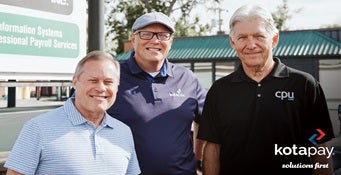
Building Trust Through Partnership: CPU Inc. and Kotapay
For more than 40 years, CPU Inc. has been a trusted partner to businesses across Cape Girardeau, Missouri and beyond, offering payroll, IT, and voice services.
Read More
Kotapay Welcomes New Team Members in Sioux Falls
Since expanding its presence in Sioux Falls, SD earlier this year, Kotapay has continued to grow its talented team, welcoming five new members.
Read More
Kotapay Announces Expansion to Talent-Rich Sioux Falls, SD
After more than 30 years in Fargo, ND, Kotapay has expanded its office footprint to Sioux Falls, SD. The physical expansion represents a major milestone in Kotapay’s growth journey.
Read More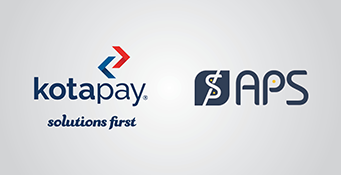
FIBT Invests in APS as Part of Kavinu Platform's Development
Kotapay announced Advantage Payment Services (APS) has become the preferred provider of transactions dispute management and customer identity verification for its Kavinu platform.
Read More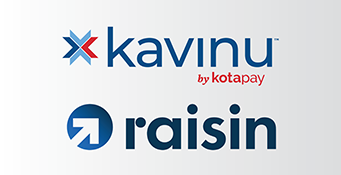
FIBT Named Service Bank for Global Fintech Raisin
Kotapay has announced Raisin, the global savings and investment platform, as the first company to integrate with its new BaaS platform known as Kavinu.
Read More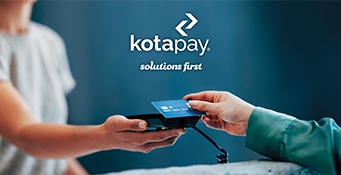
Why Credit and Debit Cards Are Great for Your Business
Curious why credit and debit cards are such a powerful asset for your business? Dive into the key benefits that can transform your payment experience.
Read More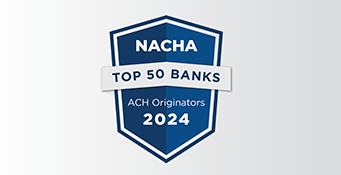
FIBT, Kotapay Named a Top 50 ACH Originator List for 2024
Nacha recognized FIBT as the #41-ranked originator by volume in the nation. In 2024, Kotapay, FIBT's payments division, processed more than 64 million transactions.
Read More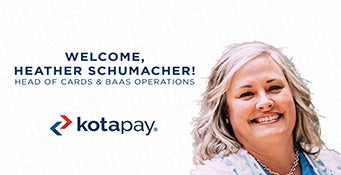
Kotapay Welcomes Heather Schumacher to Management Team
Kotapay is pleased to announce the appointment of Heather Schumacher as Head of Cards and BaaS Operations.
Read More
FIBT Announces Transition to Fourth-Generation Family CEO
First International Bank & Trust (FIBT), a full-service, independent community bank, announced today a leadership transition and significant milestone in its 115-year history.
Read More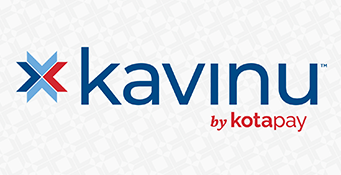
Reimagining BaaS: Kotapay Unveils Kavinu
By eliminating middleware, Kavinu offers unmatched speed to market and revenue potential with a single, direct relationship with one of the country’s strongest community banks.
Read More
What is Banking as a Service (BaaS)?
What is Banking as a Service, and what are its shortcomings? How does Kotapay envision a “next-gen” solution to make banking as a service a safer, more secure option for businesses?
Read More
With Kotapay, Payroll Solutions, Inc. Makes Payday Happen
Janet Pluntze, Founder and President of Payroll Solutions, explains why Kotapay has been a trusted collaborator with her business for two decades and counting.
Read More
Brooke Fitts Selected for 2024 RiseUp USA at Money20/20
Our Head of Payment Products and Strategy has been named to the 2024 RiseUp USA Academy. The prestigious program will be hosted at Money20/20, in Las Vegas.
Read More
Chief Payments Officer Trent Sorbe Talks BaaS 2.0 On Podcast
What does the next generation of banking as a service look like? Our Chief Payments Officer joined Zebec Network’s “Future of Money” podcast series recently to discuss that and more.
Read More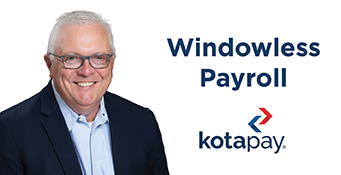
Windowless Payroll by Kotapay
Few would dispute that payroll will be an early and perhaps the largest adopter of real-time payments. We look forward to launching what we call Windowless Payroll in summer of 2024.
Read More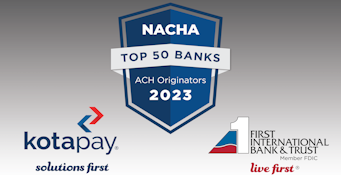
FIBT Named to Nacha Top 50 ACH Originator List for 2023
Nacha recognized FIBT as the #41-ranked originator by volume in the nation. In 2023, Kotapay, FIBT's payments division, processed 64 million transactions.
Read More
Choose a Banking Partner with Strong BSA/AML Policies
The importance of having strong BSA/AML policies is clear – but such policies don’t just safeguard a financial institution.
Read More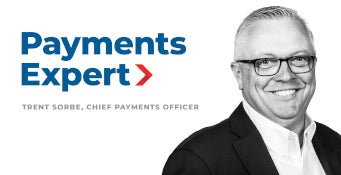
Everyone is Talking About Real-Time Payments
What could real-time payments mean for your business? Learn more about real-time payments and how Kotapay is planning for the future of payments.
Read More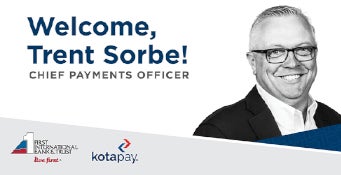
Trent Sorbe Joins First International Bank & Trust
We are excited to welcome Trent Sorbe to First International Bank & Trust’s Executive Team! Sorbe will serve as Chief Payments Officer.
Read More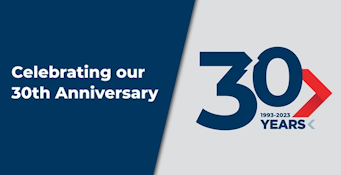
30 Years of ACH Payment Processing and Industry Expertise
Thank you to our customers and employees for their support and trust in Kotapay!
Read More
Trusted Banking Since 1910: First International Bank & Trust
Since our humble beginnings in 1910, First International Bank & Trust has grown from a single bank in Arnegard, North Dakota to more than 30 branches spanning four states.
Read More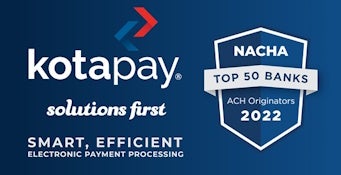
Kotapay Named to Nacha's 2022 Top ACH Originators List
Kotapay, First International Bank & Trust’s payment department, was recently named to Nacha’s Top 50 ACH Originators List for 2022.
Read More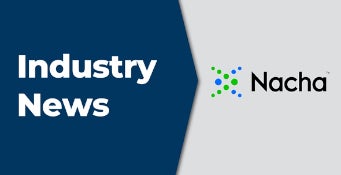
ACH Network Experiences Continued Growth in 2022
The ACH Network, which is the payment system that allows consumers, businesses, and other organizations to electronically move money, is continuing to grow on a massive scale.
Read More
What are the Nacha Operating Rules & Guidelines?
In 1974, Nacha, the National Automated Clearinghouse Association, created the Nacha Operating Rules to ensure that millions of payments occur smoothly and securely each day.
Read More
What is a payroll card and how do they work?
Paycards are a type of payment especially useful for non-traditional workers such as those who work multiple gig jobs or manage their finances outside of banks.
Read More
Connecticut Releases Advisory on Money Transmission
Learn more about the Connecticut Department of Banking’s recent advisory on money transmission and statewide licensing requirement.
Read More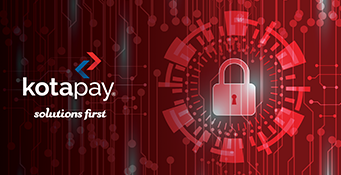
6 Best Practices to Consider for Fraud Monitoring
To comply with upcoming Nacha rule changes and enhance your fraud prevention, we encourage you to consider the following best practices
Read More
Five Tips to Help Prevent Fraud This Holiday Season
As the year winds down, it’s important to remain diligent and follow these five tips to help prevent fraud this holiday season.
Read More
How To Spot and Avoid Phishing Attempts Via Spoofed Websites
Things online are not always what they seem. A website may looks legitimate, but it could be a fake webpage made by a fraudster in order to steal your information.
Read More
Fraud Detection Systems to Help Protect Your Business
With over 30 years of experience in the industry, Kotapay has developed a robust system for collecting fraudulent bank account information.
Read More
Protect Yourself from Holiday Email Scams
Kotapay recommends businesses follow these steps to protect themselves from business email compromise.
Read More